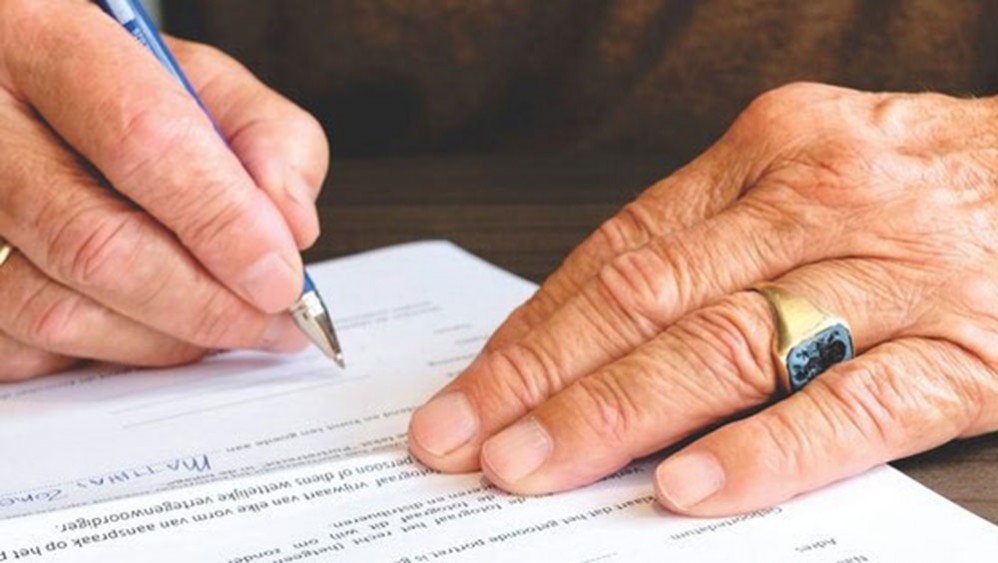
In the Florida Keys and Key Largo, there’s some confusion about the probate process. After all, lots of people in Islamorada, Plantation Key, and Tavernier find themselves handling a relative’s estate after their deaths. Florida has a streamlined process for probate called “Summary Administration.” Estates that have assets worth less than $75,000 use it. Estates with decedents who have been dead for more than two years also use it. Any estate that cannot meet those criteria has to go through Formal Administration. This is a more time-consuming process supervised by the probate court. If you must take this route, you must complete certain Florida probate forms. Here, we take a closer look at some of the documentation required to open a formal probate estate in Florida.
The Petition for Formal Administration
The Petition for Formal Administration has to contain specific information. It should include:
- Information about the individual who is filing the petition. This includes his or her address, name, and his or her interest in the estate. It also includes the address and name of the probate attorney of the petitioner.
- Information about the decedent. This includes the decedent’s legal name, age at death, last address, and his or her Social Security number’s final four digits. It also includes the place he or she died and the county and state of his or her domicile.
- Information about the estate’s beneficiaries. This includes the addresses, legal names, and nature of their relationships to the deceased person. It also includes the birthdates of any beneficiaries who are minors.
- The reason the person chose the county toa file the petition for probate.
- The reason for naming the Personal Representative. It should also list his or her qualifications to serve under the terms of Florida law.
- A fully itemized list that details the nature and value of the assets of the decedent.
- A declaration about whether the estate needs to file IRS Form 706.
- If the decedent left a will, there needs to be a declaration to identify any unrevoked will or amendment presented for probate.
- A declaration to state the decedent had no will.
- A declaration to state the person found no will or codicils after exercising reasonable diligence to locate one.
The Petition to Waive Bond
Should the decedent have a will, it will usually request a waiver of the bond. If there was no will, the person must file a “Petition to Waive Bond.” The petitioner must accompany this by waivers, consents, and joinders signed by all beneficiaries. The judge may not always grant the request.
Waivers of Notice and Bond, Priority, and Consent to Appointment
All the beneficiaries can sign the waivers to show their approval and review of the relief sought. The waiver clarifies the beneficiaries don’t protest the will, and they won’t contest it.
The Last Will and Testament
If the decedent has a will, the court should have the original copy already filed. It won’t accept any copies.
Oath of Witness to Will
If the decedent didn’t sign the will before a notary public and two witnesses, one witness must take an oath. The witness must take the oath in front of a Florida Circuit Court clerk or judge. The witness can also take it in front of a commissioner out-of-state appointed by a probate judge.
Once the person has submitted the relevant documents and Florida probate forms, the probate judge can issue the probate orders. Then, there can be a Formal Administration.
